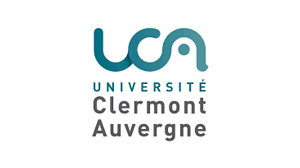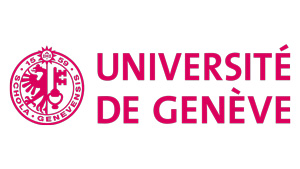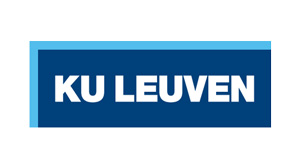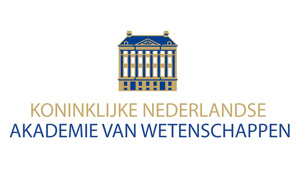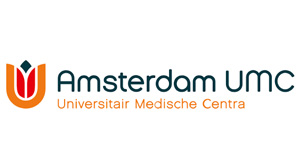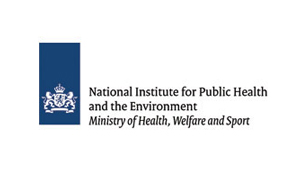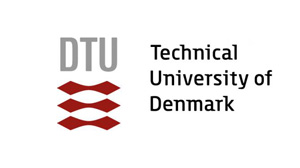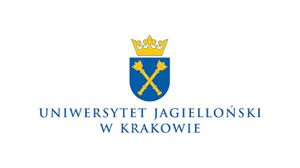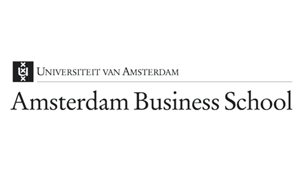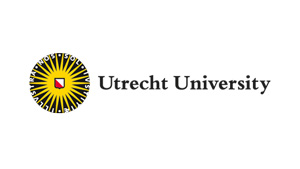About
Louisa Wallace is a molecular virologist from Glasgow, Scotland. In 2013 she obtained a B.Sc. (Hons) Biochemistry degree at the University of St Andrews (Scotland), during which she completed her Senior Honours dissertation studying arenavirus protein localisation and virus-host interactions by establishing a bimolecular complementation system. In her penultimate year she was also selected from her cohort to undertake a research internship in a molecular neurobiology group at the Indian Institute of Science Education and Research Mohali (India) during the summer of 2012.
Louisa completed her M.Res. degree in Infection and Immunobiology with a specialisation in Virology at the University of Glasgow (Scotland) from which she graduated with Distinction in 2014. She conducted her Masters research at the Medical Research Council Centre for Virus Research, studying the species-specific restriction of orthobunyaviruses by tetherin and also continued to develop a novel nanoluciferase microneutralisation assay for bluetongue virus serotyping.
After a voluntary research placement at the University of St Andrews working with influenza A and B viruses and gaining industry experience, working in the Department of Virology in BioReliance (Merck KGaA; Scotland), she continued her studies at the University of Surrey (England). Her research focused on dengue virus and identifying viral antagonists that inhibit the Aedes aegypti mosquito immunodeficiency (IMD) pathway. In 2019 she graduated with an M.Phil. in Molecular Virology and Immunology.
Louisa is now a PhD candidate in the Department of Infectious Diseases and Immunology within the Faculty of Veterinary Medicine at Utrecht University, the Netherlands.
About Louisa’s research project
Louisa’s project aims to better understand the interaction of significant respiratory viruses with their glycan receptors and how they penetrate through the heavily-sialylated mucus barrier overlaying the epithelial cells of the respiratory tract, focusing on influenza A viruses and enterovirus-D68 (EV-D68).
Influenza A viruses are enveloped RNA viruses that infect birds and mammals such as swine and humans. They possess sialic acid receptor-binding haemagglutinin (HA) and receptor-cleavage neuraminidase (NA) proteins which are present on their lipid envelope. The functional balance between these proteins is thought to be important for host tropism and pathogenesis, although this remains poorly characterized. The project will focus on the HA-NA balance of human and swine influenza A viruses and the importance thereof for host tropism, with particular focus on the interaction of these viruses with the sialylated mucus barrier. The HA-NA balance of human and swine viruses will be studied for different functional and decoy receptors by using biolayer interferometry assays.
EV-D68 is an emerging respiratory virus that is associated with paralysis. Like influenza A virus, it relies on sialic acid to infect cells however lacks a lipid envelope and receptor-destroying enzyme. It is still unknown whether or not mucus enhances or inhibits infection of epithelial cells of the respiratory tract. The role of sialic acid receptors as well as protein receptors for infection will be studied as well as determining the cell tropism of different EV-D68 strains.
For this project, human and swine airway epithelial cell cultures will be established which will be used for infection studies and mucus collection. The skills and knowledge required to establish, maintain and use these cultures in experiments will be obtained over three secondments undertaken at the University of Geneva, Epithelix Sàrl and the University of Bern. Mucus samples will also be characterised in detail for their protein and glycan content and virus-mucus interactions will be studied using novel assays that will be developed.
About Utrecht University
The Utrecht University (UU) is the top Dutch university (Shanghai Ranking), while its Faculty of Veterinary Medicine (FVM) belongs to the top 5 veterinary research institutes in the world. The UU offers 45 undergraduate and 167 graduate programs, has some 30,000 students served by 7,500 academic staff, and has 6 graduate schools. The ESR will be enrolled in the Graduate School of Life Sciences. The Virology division of the Faculty of Veterinary Medicine studies various viruses (picornavirus, coronavirus, influenza) at the level of molecules, cells, tissues, and organisms, to unravel the structure of these viruses and to identify their cellular receptors, entry pathways, replication mechanisms, assembly and release pathways, immune evasion strategies, as well as the mechanism of disease caused by these viruses (i.e. pathogenesis). Furthermore, based on our intensive studies in glycans (e.g. sialic acids) as virus receptor, we have established strong scientific and technological expertise in the field of “glycovirology”. Our ultimate goal is to translate the knowledge that we obtain into the development of novel vaccines, antiviral therapies, and diagnostic tools. The Virology Division is headed by Prof. Frank van Kuppeveld.



